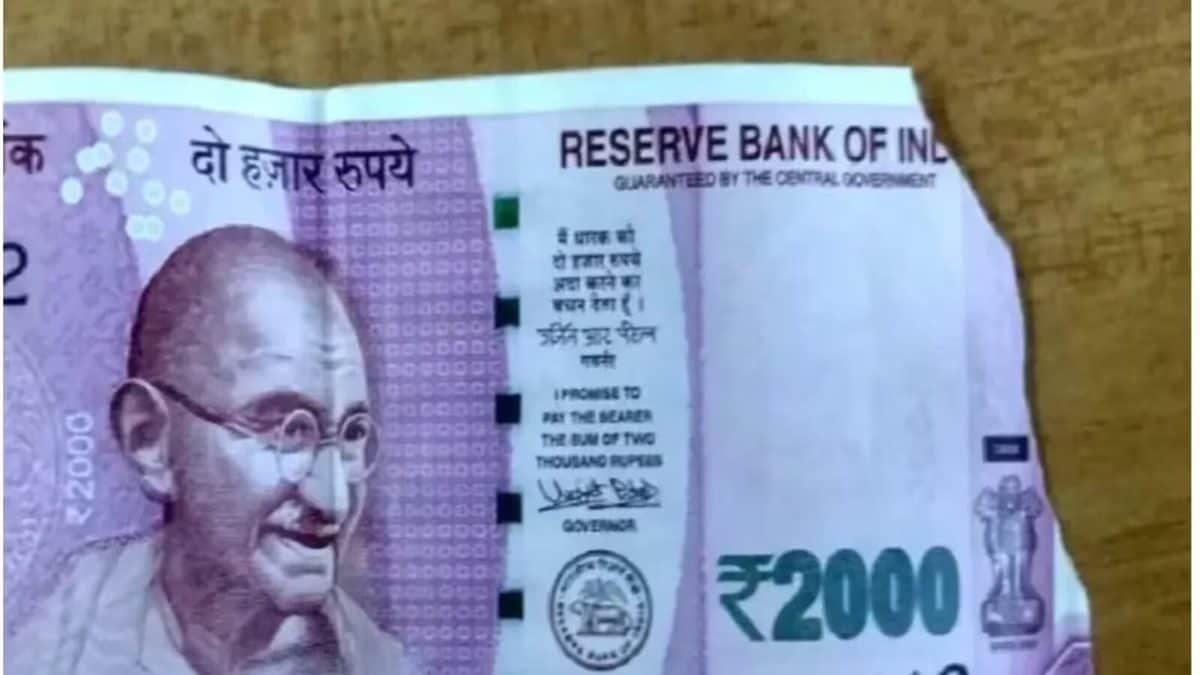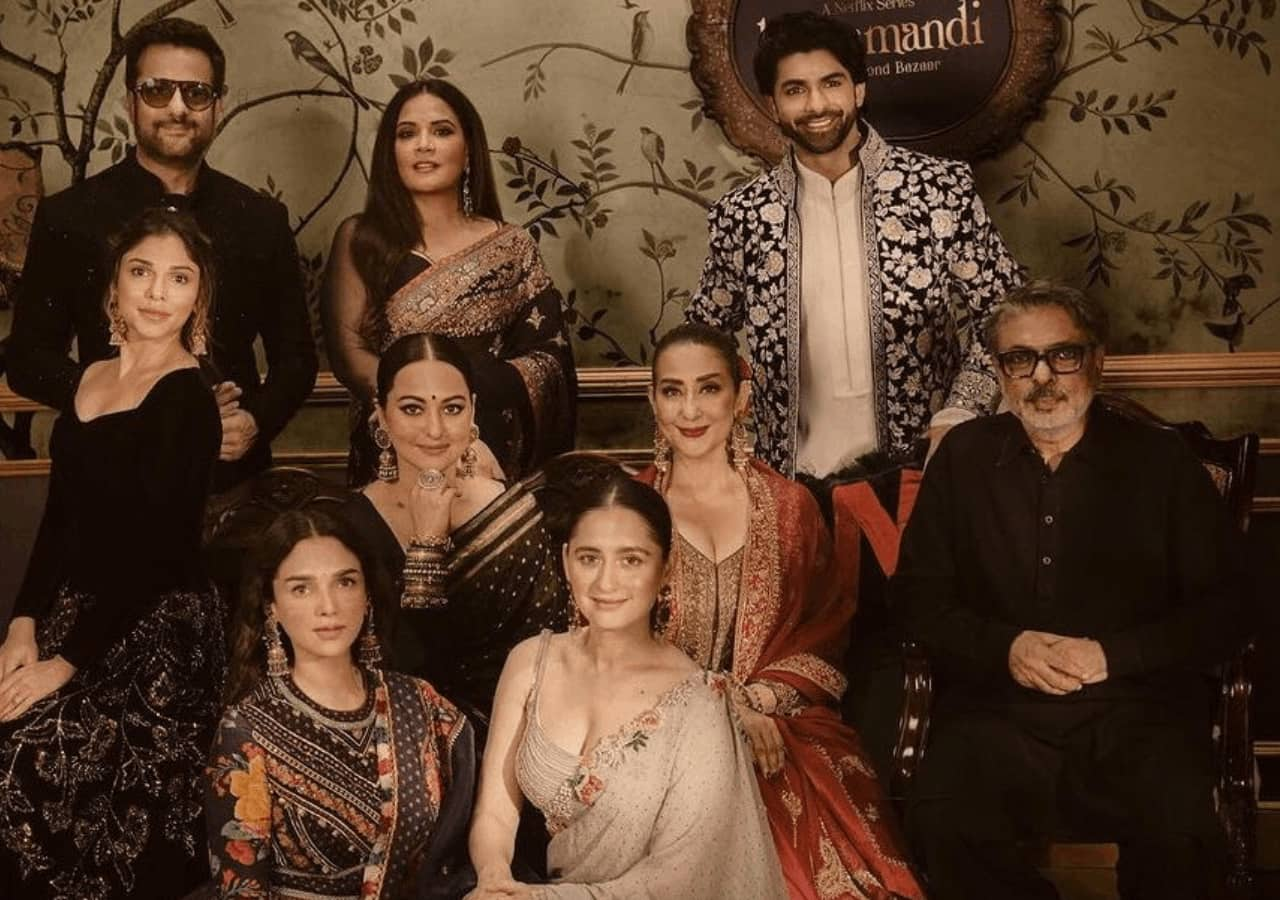Despite the remarkable surge in digital payments, the necessity for physical currency persists in various everyday scenarios. There are instances where one might receive notes from ATMs, bulk payments, or other sources that are either soiled or torn. In such situations, individuals may attempt to utilise them discreetly, perhaps by incorporating them into a bundle of notes or within the circulation of daily transactions in local markets, such as vegetable markets.
Yet, a significant number of individuals remain unaware that the Indian banking system facilitates the exchange of damaged currency notes. The Reserve Bank of India has provided explicit guidelines on this matter.
Within the provisions for exchanging soiled and mutilated currency notes, the RBI has outlined different categories of damage to currency notes along with the procedures for their replacement.
How To Exchange Damaged Notes In Bank?
Soiled Notes
Soiled notes are those which have become dirty and slightly cut. Notes that have numbers on two ends, i.e. notes in the denomination of Rs.10 and above which are in two pieces, are also treated as soiled notes.
Exchange of soiled notes
The cut in such notes should, however, not have passed through the number panels. All these notes can be exchanged at the counters of any public sector bank branch, any currency chest branch of a private sector bank or any issue office of the RBI. There is no need to fill out any form to do this.
How to exchange mutilated currency notes?
Mutilated notes
Notes that are in pieces and/or of which the essential portions are missing can also be exchanged. Essential portions in a currency note are the name of the issuing authority, guarantee, promise clause, signature, Ashoka Pillar emblem/portrait of Mahatma Gandhi, and watermark.
Exchange of mutilated currency notes
The refund value of these notes is, however, paid as per RBI (Note Refund) Rules. These can also be exchanged at the counters of any public sector bank branch, any currency chest branch of a private sector bank, or any issue office of the RBI without filling any form.
Other facilities for exchange
TLR (Triple Lock Receptacle)
To suit public convenience, the exchange facility for mutilated notes is also offered through TLR (Triple Lock Receptacle) covers. People can obtain from the Enquiry Counter of the Reserve Bank a TLR cover and put their notes on the cover with particulars, such as, name, address, denominations of notes deposited, fill in the columns provided on the cover, close it and deposit it in a box called Triple Lock Receptacle against issue of a paper token.
This box is kept at the enquiry counter at each issue office of the Reserve Bank. The admissible exchange value of the mutilated notes will be remitted by means of a bank draft or a pay order. Mutilated notes can also be sent to any of the RBI offices by registered/insured post.
Excessively soiled, brittle, burnt notes
Notes that have become excessively soiled, brittle, or burnt and, therefore, cannot withstand normal handling can be exchanged only at the issuing office of the RBI.
Deliberately cut notes
The notes, which are found to be deliberately cut, torn, altered, or tampered with, if presented for payment of exchange value will be rejected.
However, RBI has stated that although it is not possible to precisely define deliberately cut notes, a close look at such notes will reveal any deliberate fraudulent intention, as how such notes are mutilated will follow a broad uniformity in the shape/location of missing portions of the notes, especially when the notes are tendered in large numbers.
Other rules
Notes presented in small numbers: Where the number of notes presented by a person is up to 20 pieces with a maximum value of Rs 5000 per day, banks should exchange them over the counter, free of charge.
Notes presented in bulk: Where the number of notes presented by a person exceeds 20 pieces or Rs 5000 in value per day, banks may accept them, against receipt, for value to be credited later. Banks may levy service charges.
RBI offices that provide exchange facilities
The facilities are provided at the counters of the RBI’s Regional Offices located at Ahmedabad, Bangalore, Belapur (Navi Mumbai), Bhopal, Bhubaneswar, Chandigarh, Chennai, Guwahati, Hyderabad, Jaipur, Jammu, Kanpur, Kolkata, Lucknow, Mumbai, Nagpur, New Delhi, Patna and Thiruvananthapuram and a currency chest managed by the Bank at Kochi.







